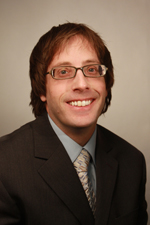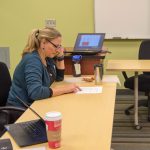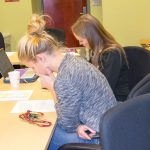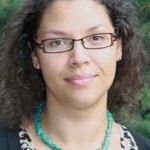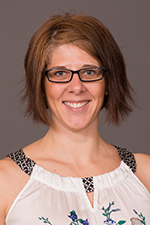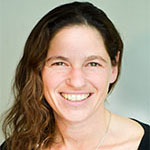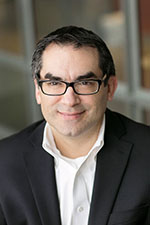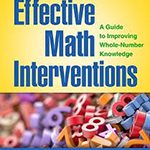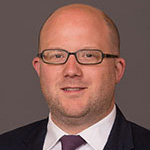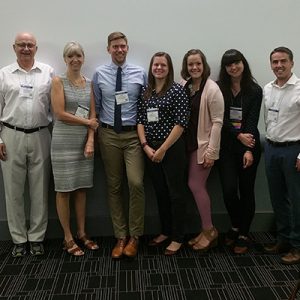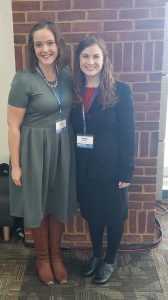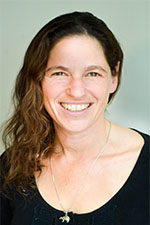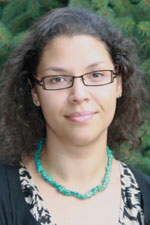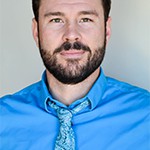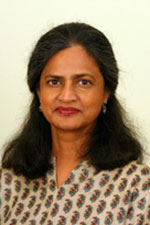
Asha Jitendra, Rodney Wallace Professor for the Advancement of Teaching and Learning in in the Department of Educational Psychology’s special education program, delivered a keynote speech at this year’s Specific Learning Disabilities Conference on December 2 at the Maliya Aditi International School in Bangalore, India.
Jitendra’s keynote, “Effective practices that accommodate diverse learners: Research to practice,” presented effective instructional strategies for enhancing the academic performance.
Prior to the conference, Jitendra led a workshop on “Helping teachers teach elementary students word problem solving using schema-based instruction.” The goal of the workshop was to equip elementary school teachers with effective instructional strategies for teaching mathematics to children with learning problems.
In addition to delivering the keynote and leading the pre-conference workshop, Jitendra also hosted two breakout sessions at the event. The first was “Big Ideas in Mathematics” and focused on developing big ideas in fractions and proportional reasoning to promote mathematical understanding. The second was called “Improving mathematical problem solving using strategy instruction.” In this session, Jitendra demonstrated how visual representations can help students focus on the relationship between quantities central to many mathematical problems.
This first-ever Specific Learning Disabilities Conference was a national event organized to address the need for greater awareness and understanding of Specific Learning Disabilities in India. The purpose of the conference was to: increase awareness of the nature of specific Learning Disabilities among middle and high school students; share subject specific classroom and home based strategies; discuss existing accommodations and accommodation pathways; examine existing policies and laws; and empower stakeholders to advocate for the rights of students with specific learning disabilities.

